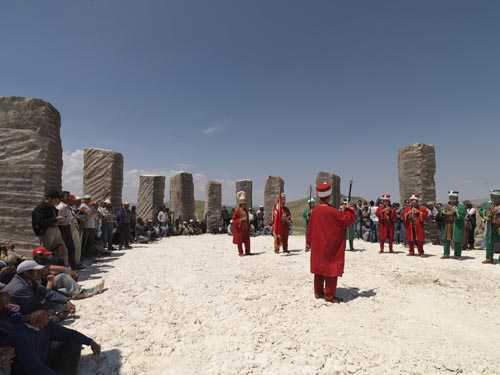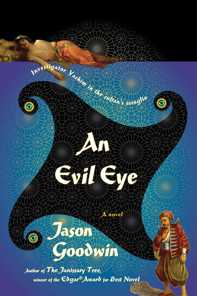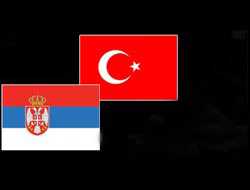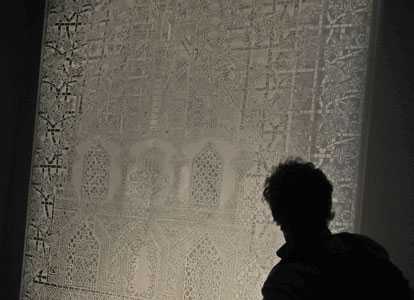Cannes, France – Turkish director Nuri Bilge Ceylan’s film about a group of police officers searching the desolate Anatolian steppes for evidence of a murder brought the main competition for the 64th Cannes Film Festival to an end Saturday.
But the film, Bir Zamanlar Anadolu’da (Once Upon A Time In Anatolia), is not so much about the murder than shedding light on the vested interests that rule small-town political life in Turkey.
The film was about ‘the world of bureaucracy in a little town,’ the Istanbul-born Ceylan told a press conference in Cannes.
‘I am familiar with this world. My father worked in a bureaucracy in a small town. They have they’re little struggle for powers.’
Bir Zamanlar Anadolu’da, which is loosely based on a true story, is one of 20 films competing this year for the Palme d’Or, the top prize at Cannes.
For the film, Ceylan assembled a cast of local characters, including the local police chief, the prosecutor, the doctor charged with carrying out the autopsy on the body and an assorted collection of police officers and diggers, who have the job of retrieving the body once it is found.
The film illustrates the petty conflicts and bureaucratic rivalries as the suspect in the case leads a convoy of police vehicles on a 12-hour search for the body across vast open terrain.
‘I love very wide shots because they give an impression of space,’ said Ceylan. ‘They make you feel alone because we are very alone on this earth.’
Bir Zamanlar Anadolu’da is the fourth film by Ceylan to premiere in Cannes’ main competition. His work, including the widely acclaimed feature film Uzak (Distant) has picked up a string of awards at the festival over the years. In 2008 Ceylan won the best director award for Uc Maymun (Three Monkeys).
His latest film comes at a time when the Turkish film industry is booming.
‘It’s very dynamic,’ Ankara Cinema Association chief Ahmet Boyacioglu told the German Press Agency dpa. ‘Everyone is shooting a film.’
Last year, another Turkish director, Semih Kaplanoglu, won the Berlin Film Festival’s coveted Golden Bear for Bal (Honey), which explores the relationship between a young boy and his father.
Despite the accolades that Turkish directors have won at festivals in recent years, it has been the recent success of Turkish blockbusters that has helped trigger the rebirth of the motion picture business in the country, industry observers say.
Turkey currently produces about 70 feature films a year with a new generation of filmmakers also starting to make their mark. Only about 25 films were being produced each year five years ago.
There is also a sense of national pride among moviegoers in Turkey, local films account for about 53 per cent of overall box office earnings – one of the highest rates in the world.
About a third of the 1,700 silver screens across Turkey, show blockbusters, but there is also scope for arthouse movies such Ceylan’s.
Movie admissions in are at present running at about 40 million in a country with a population of about 73 million.
Turkish filmmakers also appear to be challenging the might of Hollywood.
Last year, about eight of Turkey’s top 10 box office hits were from Turkish directors. Only two were from Hollywood.
‘Now Turkish people want Turkish films,’ said Boyacioglu. ‘Turkish producers can make Hollywood-style films,’ he said. These are films which have budgets of up to 5 million euros.
Even the international blockbuster Avatar was not able to match the success in Turkey of homegrown films such as Mahsun Kirmizigul’s comedy Five Minarets in New York.
The popularity of movie-going in Turkey means that nation’s cinema business pumps out films on a complete range of themes from political movies through to love stories and comedies. ‘We are shooting almost everything,’ said Boyacioglu.
via Turkey’s Nuri Bilge Ceylan closes Cannes’ competition – Monsters and Critics.






